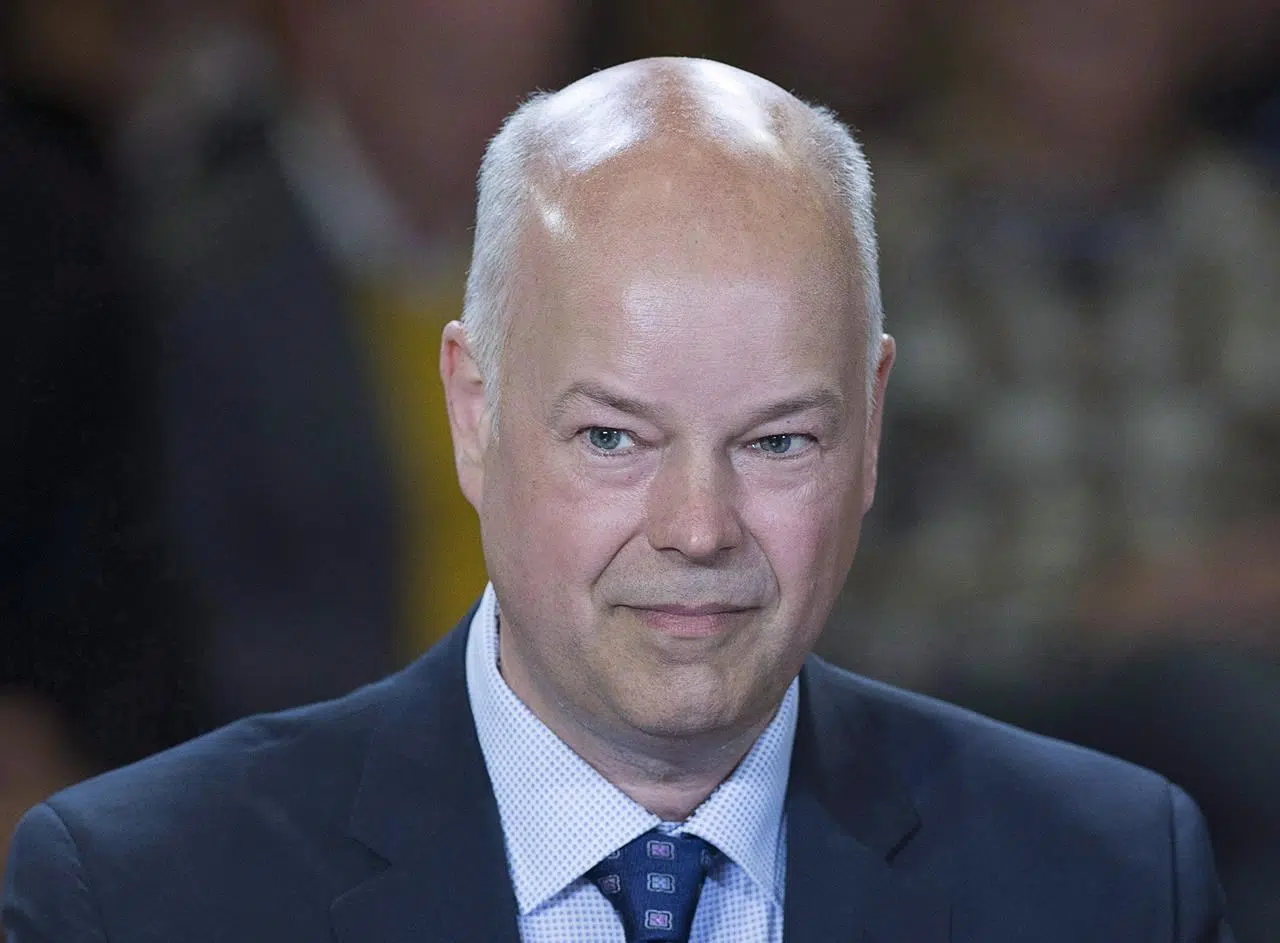
Nova Scotia Progressive Conservatives to choose new party leader Saturday
HALIFAX — Nova Scotia’s Opposition Progressive Conservatives are looking for a fresh start this weekend with a leadership convention they hope will propel them into the government benches after the next provincial election.
The convention begins Friday with speeches from five candidates — three men and two women — after a campaign race that started when former party leader Jamie Baillie announced he would step down as leader in November, then resigned in January amid unspecified allegations of inappropriate behaviour.
The candidates include perceived front-runner and Tory caucus member Tim Houston, Cape Breton Regional Municipality Mayor Cecil Clarke, caucus members John Lohr and Elizabeth Smith-McCrossin, and Julie Chaisson, executive director of the Halifax Seaport Market.
All five have spent months travelling the province to sign up party members, a process that saw more than 11,600 people purchase memberships.
